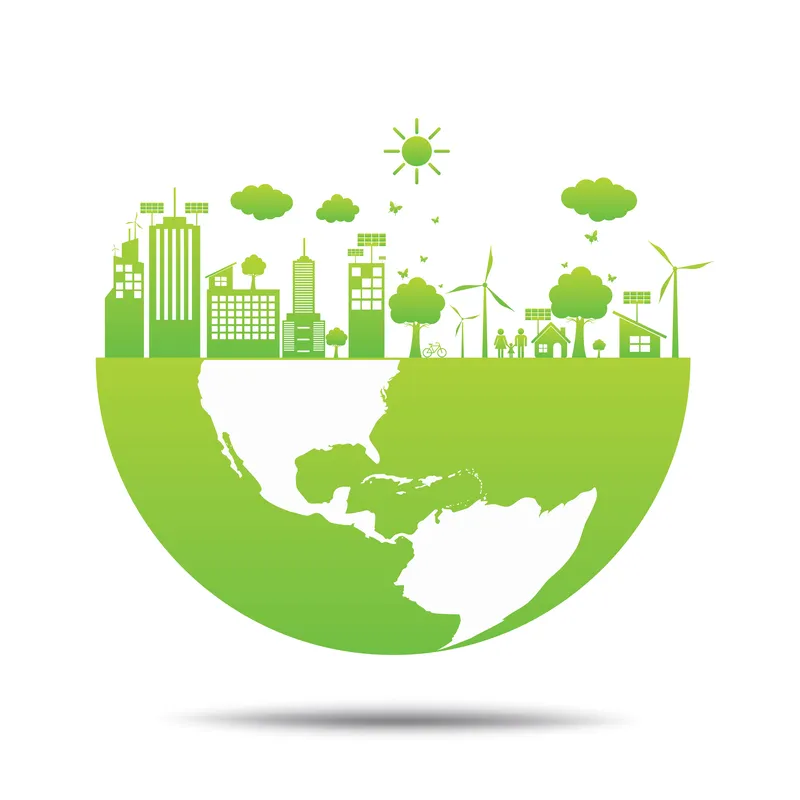
European groups have expressed concern that a European Union move to decarbonise transportation does not take account of the ITS sector’s importance.
The EU’s Green Deal is underpinned in part by Taxonomy Regulation 2020/852, which seeks to establish a framework to facilitate sustainable investment. To do this it introduces so-called ‘technological screening criteria’ to define what an environmentally-sustainable economic activity actually is.
But in a letter to the European Commission, Ertico - ITS Europe, the Conference of European Directors of Roads, toll association Asecap, the European Automobile Manufacturer’s Association, IRF Global and the DSRC Interest Group are worried that ITS has been left out.
While sharing the EU's commitment to decarbonisation, the organisations "wish to address the coherence between the EU transport policy and the Taxonomy Regulation 2020/852".
"In our view the taxonomy, as it currently stands, creates silos based on individual economic activities, whilst transport policy requires balancing transport modes into more holistic mobility concepts," the signatories suggest.
To address this, they call on the European Commission to take action: “We are convinced the Taxonomy Regulation requires a thorough technical screening criterion that clearly reflects the importance that ITS and the EU transport policy bear on the goal of the EU actions towards greening transport."
Recital 49 of the regulation already recognises that "more appropriate screening criteria are required in the field of transport".
The organisations point out that ITS "plays an undeniably key role in improving the environmental and social performance of the transport system" and that many ITS applications are recognised and promoted in EU legislation such as the ITS Directive and its Delegated Regulations on SRTTI and MMTIS, the Eurovignette Directive, Smart Tachograph, Weights & Dimensions and eCall.
"We, therefore jointly call on the European Commission to include a technical screening criterion on ‘Intelligent Transport Systems’ into the technical screening criteria of the Taxonomy Regulation 2020/852 and so swiftly start addressing the further needs the taxonomy regulation highlights in recital 49."
Ertico CEO Joost Vantomme closes the letter by saying: "We remain at your disposal should you deem that we can be of assistance."









